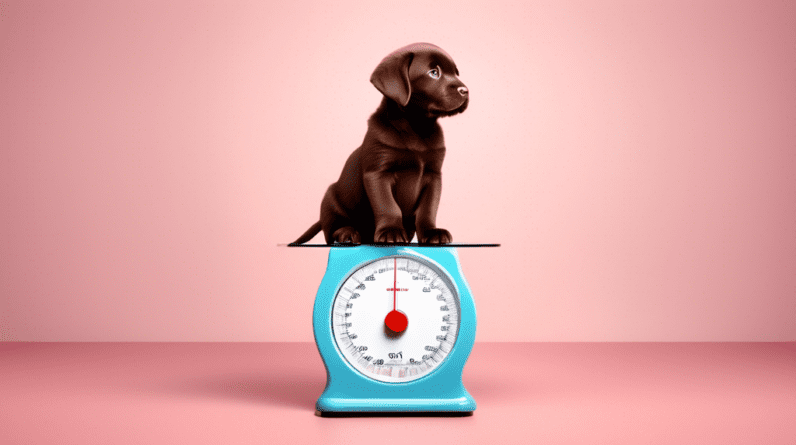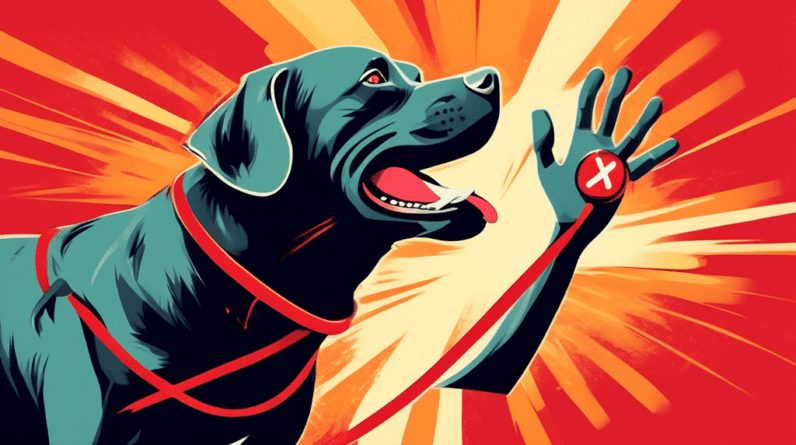
Understanding Labrador Weight: A Guide to Healthy Ranges
Labrador Retrievers, with their charming personalities and boundless energy, hold a special place in countless homes worldwide. As responsible pet owners, understanding the intricacies of Labrador weight is paramount for ensuring their long-term health and happiness. This comprehensive guide delves into the nuances of Labrador weight, from breed standards to weight management strategies, empowering you to provide the best possible care for your beloved companion.
Decoding Breed Standards: What’s the Ideal Weight for a Labrador?
The American Kennel Club (AKC) sets forth specific guidelines for Labrador Retriever size and weight, which serve as valuable benchmarks for breeders and owners alike. According to the AKC breed standard:
- Male Labradors: Ideally, males should measure between 57-62 cm (22.5-24.5 inches) in height at the withers and weigh between 29-36 kg (65-80 pounds).
- Female Labradors: Females are typically slightly smaller, measuring 55-59 cm (21.5-23 inches) in height at the withers and weighing between 25-32 kg (55-70 pounds).
However, it’s crucial to remember that these are merely guidelines, and individual Labradors may naturally fall outside these ranges. Factors such as genetics, diet, exercise levels, and overall health can all influence a Labrador’s weight.
Navigating the Labrador Growth Chart: Puppyhood to Adulthood
Labrador Retrievers, like all dog breeds, undergo significant growth and development during their first year of life. Understanding the typical growth trajectory of a Labrador puppy can help you monitor their progress and identify any potential concerns.
Here’s a general overview of Labrador puppy weight gain:
| Age | Average Weight (kg) |
|---|---|
| 8 weeks | 7-9 |
| 12 weeks | 11-16 |
| 16 weeks | 16-20 |
| 6 months | 20-27 |
| 1 year | 25-36 (males), 23-32 (females) |
It’s important to note that these are just averages, and individual puppy growth rates can vary. Regular veterinary checkups are essential for monitoring your Labrador puppy’s growth and ensuring they are on track.
Converting Labrador Weight: Kilograms to Pounds and Vice Versa
In a world increasingly interconnected, understanding weight conversions between kilograms (kg) and pounds (lbs) is crucial for Labrador owners, especially when accessing veterinary care, purchasing pet food, or simply communicating with fellow dog enthusiasts from different regions.
The conversion formula is straightforward:
- Kilograms to Pounds: Multiply the weight in kilograms by 2.20462.
- Pounds to Kilograms: Divide the weight in pounds by 2.20462.
For ease of reference, here’s a conversion table for common Labrador weight ranges:
| Kilograms (kg) | Pounds (lbs) |
|---|---|
| 25 | 55 |
| 27 | 60 |
| 29 | 65 |
| 32 | 70 |
| 34 | 75 |
| 36 | 80 |
The Importance of a Healthy Weight: Safeguarding Your Labrador’s Well-being
Maintaining a healthy weight is paramount for your Labrador’s overall well-being. Obesity in dogs, just like in humans, can lead to a myriad of health problems, including:
- Joint Problems: Excess weight puts undue strain on joints, potentially leading to osteoarthritis, hip dysplasia, and elbow dysplasia.
- Cardiovascular Disease: Obesity increases the risk of heart disease, stroke, and high blood pressure.
- Diabetes: Overweight dogs are more prone to developing diabetes, a condition that affects the body’s ability to regulate blood sugar levels.
- Respiratory Problems: Excess weight can compress the lungs, making it difficult for dogs to breathe properly.
- Reduced Lifespan: Studies have shown that obese dogs have shorter lifespans than their healthy-weight counterparts.
Recognizing the Signs: Is Your Labrador Overweight or Underweight?
Regularly assessing your Labrador’s body condition is crucial for detecting weight fluctuations early on. Here’s how to determine if your Labrador is overweight or underweight:
Overweight Labradors:
- Difficulty feeling their ribs due to a layer of fat.
- A noticeable bulge or distended abdomen.
- A reluctance to exercise or play.
- Heavy panting, even with minimal exertion.
Underweight Labradors:
- Prominent ribs, spine, and hip bones.
- A lack of muscle mass and a gaunt appearance.
- Low energy levels and lethargy.
Weight Management Strategies: Nurturing a Healthy Lifestyle for Your Labrador
Maintaining a healthy weight for your Labrador involves a multi-faceted approach that encompasses diet, exercise, and regular veterinary care.
1. Dietary Considerations:
- Choose a High-Quality Dog Food: Opt for a premium dog food formulated specifically for Labrador Retrievers. Look for foods that list meat as the primary ingredient and avoid those with excessive fillers, artificial colors, and flavors.
- Portion Control: Follow the feeding guidelines on your dog food label and adjust the amount based on your Labrador’s activity level and metabolism. Consult with your veterinarian to determine the appropriate daily caloric intake for your dog.
- Limit Treats: Treats should be given sparingly and should not exceed 10% of your Labrador’s daily caloric intake. Opt for healthy treat options such as fruits, vegetables, or small pieces of cooked lean meat.
2. Exercise Essentials:
- Regular Physical Activity: Labradors are an active breed that requires at least 30-60 minutes of exercise per day. This can include walks, runs, swims, fetch sessions, or playtime with other dogs.
- Mental Stimulation: Engage your Labrador’s mind with puzzle toys, obedience training, or interactive games. Mental stimulation can help prevent boredom and destructive behaviors, which can contribute to weight gain.
3. Veterinary Care:
- Regular Checkups: Schedule regular veterinary checkups to monitor your Labrador’s weight, body condition, and overall health. Your veterinarian can provide personalized guidance on weight management strategies and address any concerns you may have.
Addressing Weight Issues: Seeking Professional Guidance
If your Labrador is overweight or underweight, it’s essential to seek professional guidance from your veterinarian. They can help determine the underlying cause of the weight issue and recommend an appropriate course of action. This may involve dietary adjustments, increased exercise, or addressing any underlying medical conditions.
Conclusion:
Understanding and managing your Labrador’s weight is a testament to responsible pet ownership. By adhering to breed standards, monitoring their growth, and providing a balanced lifestyle, you can help your beloved companion live a long, healthy, and fulfilling life. Remember, a healthy weight is not just about aesthetics; it’s about safeguarding your Labrador’s overall well-being and ensuring they remain a cherished member of your family for years to come.






